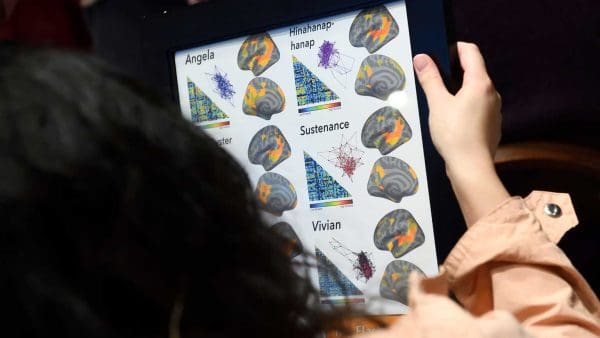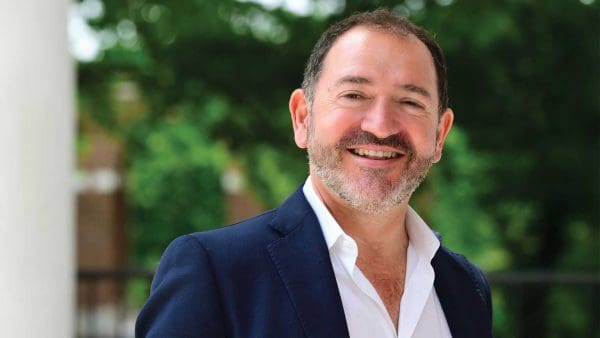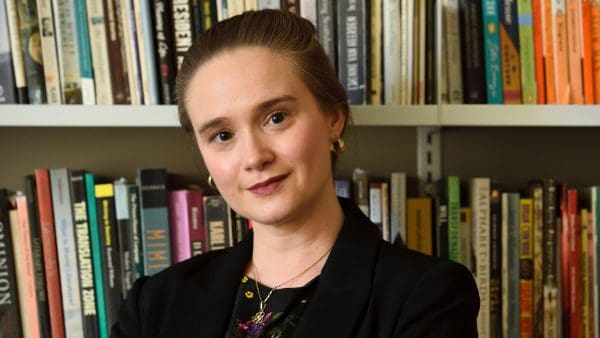Anyone who follows the news—and cares about the health of our planet —can understand Ying Chen’s focus.
The associate professor in the Department of Economics couldn’t help but notice that environmental regulations enacted under one U.S. presidential administration were often reversed by the subsequent one. That made progress difficult, to say the least.
“Just in the last two terms, [President Donald] Trump reversed a lot of environmental regulation when he was in power,” she says. “And then when [President Joseph] Biden came to power, he reversed the reverses.”
Chen chose to investigate the challenges of an elected official who is committed to long-term goals and aware of policymaker turnover. She applied her expertise in game theory to identify a sensible long-term strategy that acknowledged the political realities. Her efforts, to date, suggest that leaders can improve their effectiveness—even against intense political opposition—by focusing on investments in innovations.
“If you innovate and lower the cost of green options, the newfound incentives to go green will persist even if you are subsequently out of power,” she says.
Games for a Complex System
Chen came to the United States from China to earn a PhD in economics from Yale University. While there, she developed an interest in game theory. Game theory is the idea of creating mathematical models of strategic interactions between rational agents.
The economy, she says, “is such a complex system, with so many different interdependent components. I liked the challenge of coming up with a relatively rigorous way of thinking about the interactions.”

[The economy] is such a complex system, with so many different interdependent components. I liked the challenge of coming up with a relatively rigorous way of thinking about the interactions.”
—Ying Chen
After an appointment at Arizona State University, she joined the Johns Hopkins faculty in 2014. Some of her previous research has focused on the nuances of strategic communication and budget negotiations.
She plans to submit the paper, titled “Irreversible Investment in Technology and the Dynamics of Public Good Provision,” for publication this summer. Though it uses environmental policies as an example, her idea applies to many other public goods, she says.
Seeing Payoffs
Stepping back from mathematical modeling, Ying sees support for her theory in both the substantial gains in government-supported green innovations, and in the growth of public support, once the general public came to appreciate the payoffs of such efforts. Case in point: Wind and solar tax credits have persisted through several changes in power in Washington.
In 2012, President Obama wanted to extend the credits, first enacted in 1992. Many members of the Republican-controlled Congress were opposed. They did not want to give Obama a win, and they did not support a market intervention that favored clean energy. Despite these political obstacles, the credit extension won approval. A few years later, during negotiations of the Republican tax reform in 2017, a rollback of the credits was brought up, but they were largely preserved in the end.
Chen’s research offers an explanation: Those tax credits, combined with new technologies, were starting to deliver real cost savings. Reversing those advances is just about impossible, no matter which way the political winds blow.




